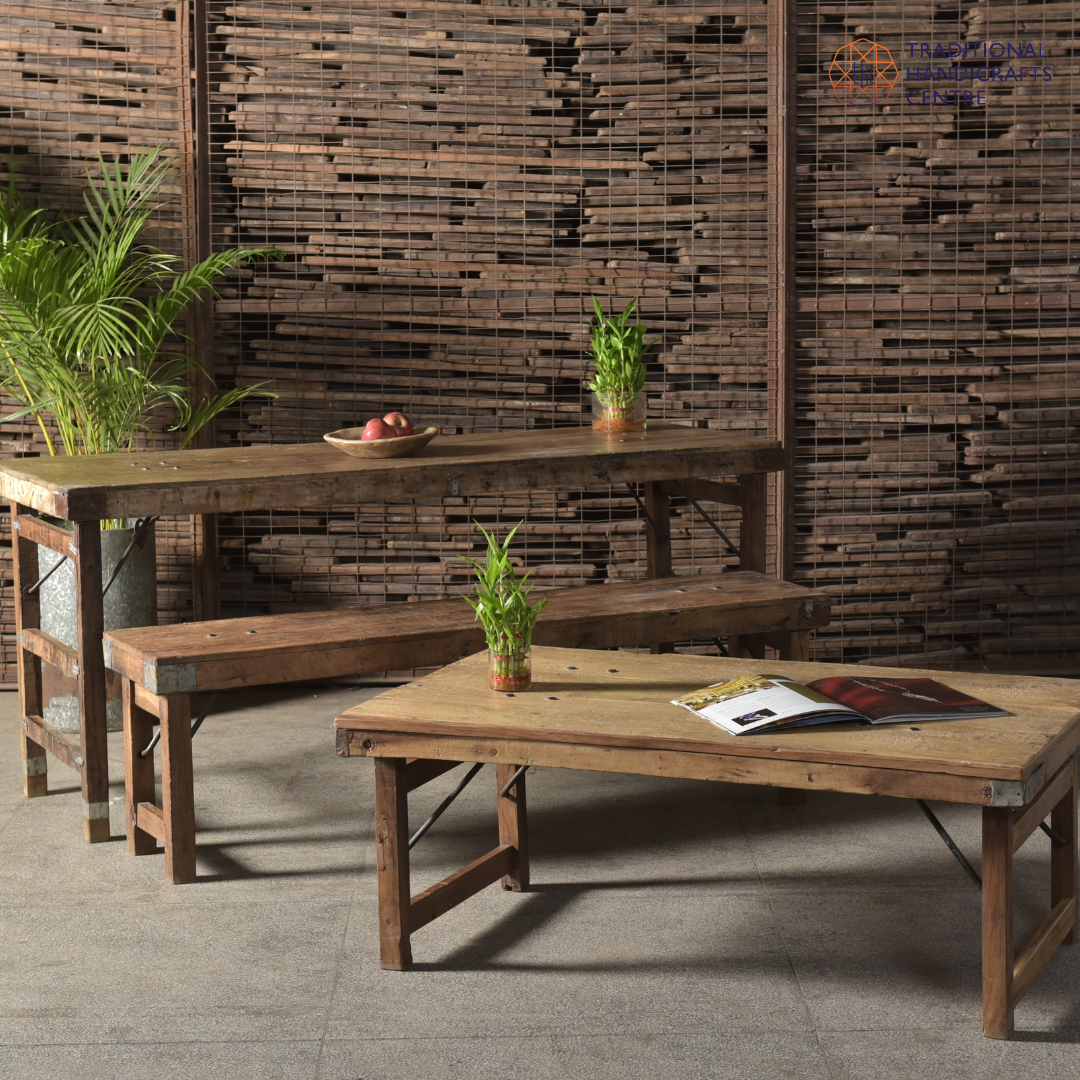
Things to keep in mind when searching for eco-friendly or sustainable furnishings:
1. Does the country of origin employ sustainable building methods?
2. How far and what cost did the piece have to travel?
3. How long will this item last? Cheaper furniture and decorations don't survive as long, therefore they quickly become trashed after purchase.
4. How many different types of chemicals and materials are utilised to make this?
5. Can you tell if the furniture's frame is made from formaldehyde-free solid wood or cheap particle board?
6. Can you tell if the furniture's frame is made from formaldehyde-free solid wood or cheap particle board?
7. Is the fabric made to be stain-resistant? Instead of opting for a fabric that needs to be treated for stain protection, consider leather or microfiber.
8. How do the various coatings and seals add to the look and functionality of the product?
9. To what extent does the paint, stain, or finish rely on water? If it doesn't, then it probably contains a lot of volatile organic compounds that are bad for you.
10. Would it make more sense to use anything else? Bamboo, stone, or porcelain may be more practical and sustainable than exotic woods because they don't kill trees and don't need as many toxic finishes.
Investing in the right kind of sustainable furniture can be tricky! But don't worry, Traditional Handicrafts Centre can cater to some of your concerns by providing you with ethically sourced and sustainable accent pieces, furniture and more!